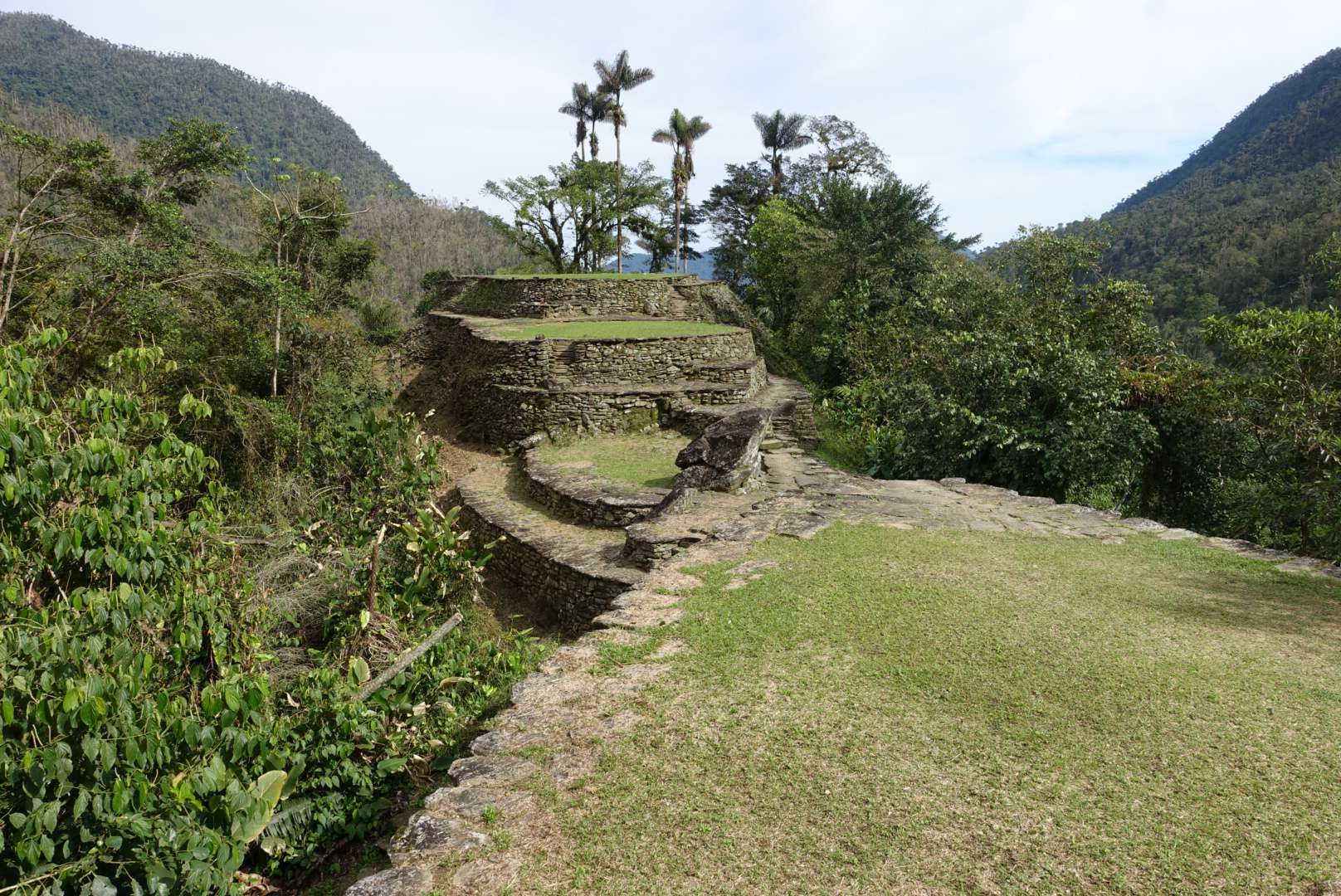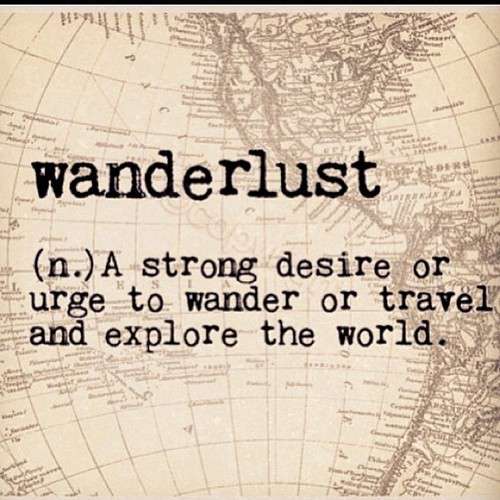Medellin, Coffee Zone and Cold Showers
Ippubblikat: 24.01.2017
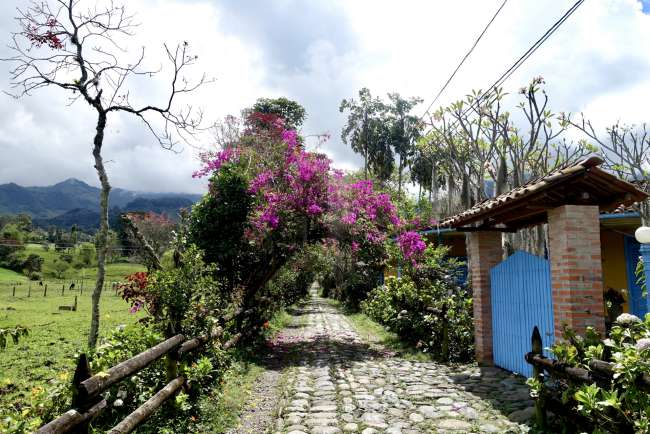
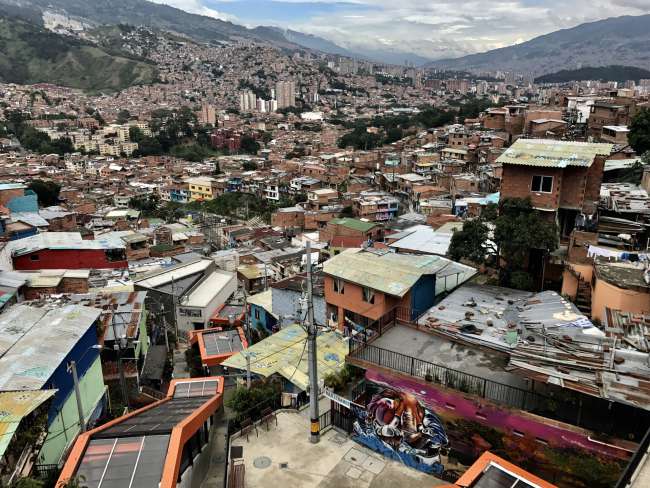
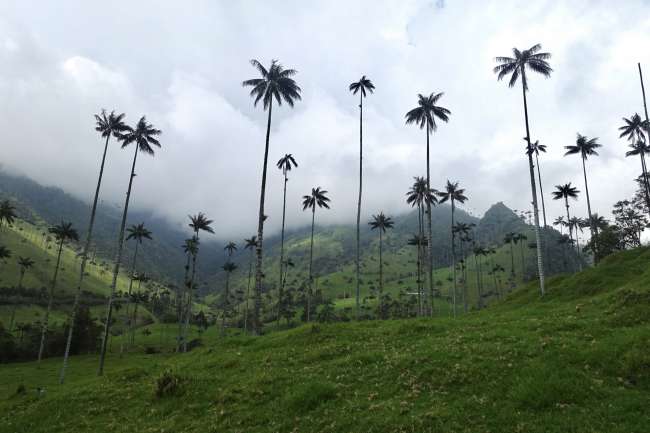
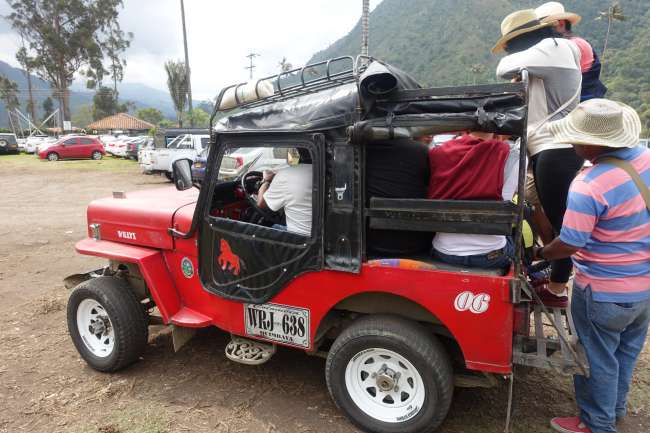
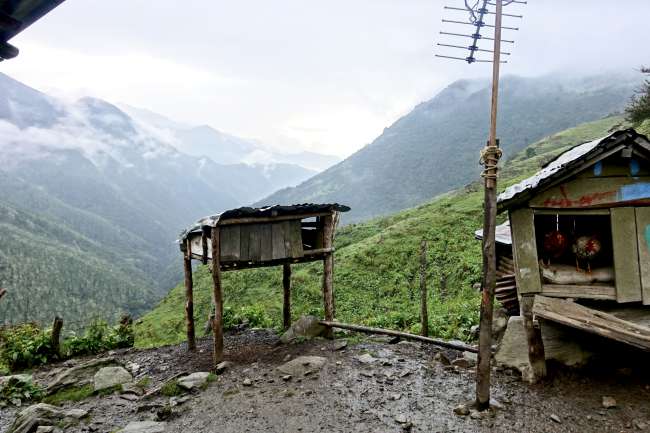
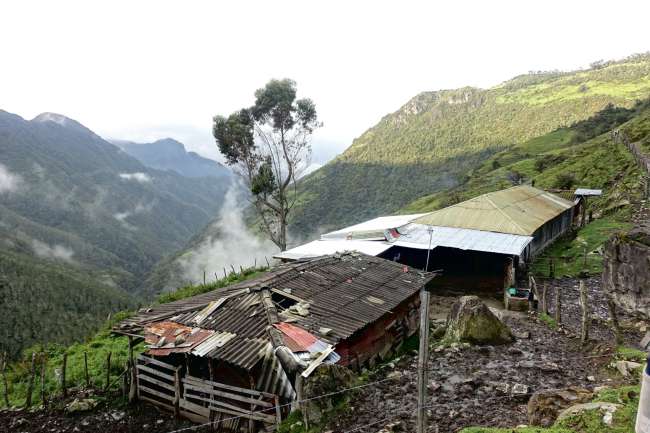
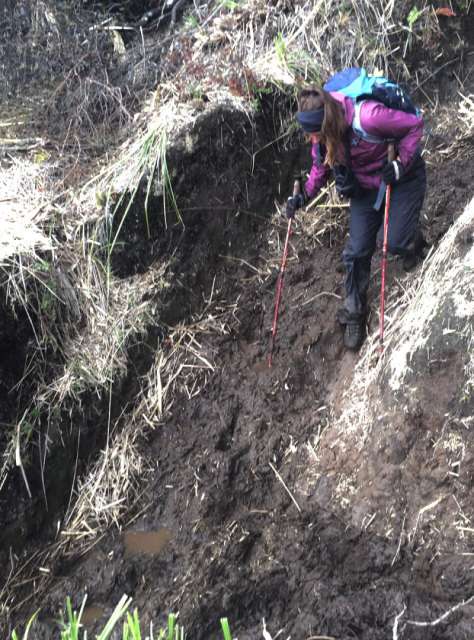
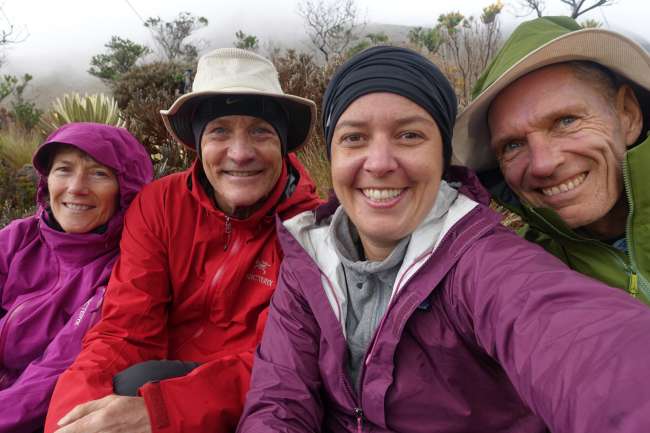
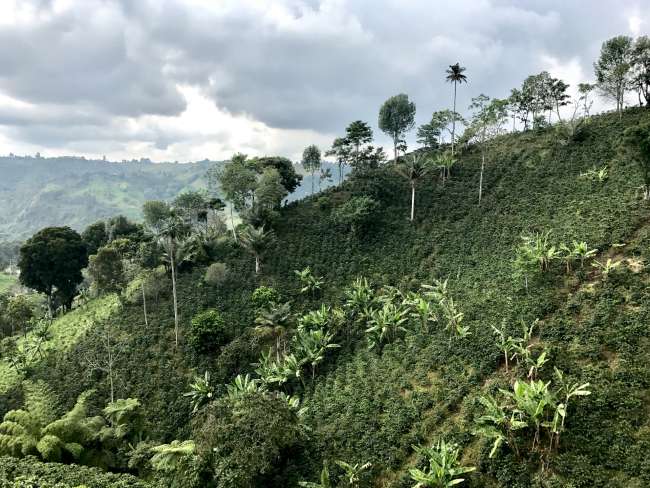
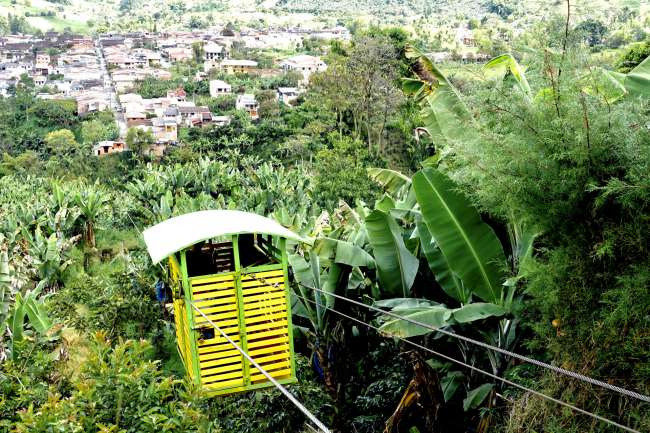
Abbona għan-Newsletter
January 23, 2017
After the ham and cheese disaster in Argentina (I'm sure Natalja and Raffi will mention this in their guest blog post (soon to follow)..), I stocked up on fresh vegetables and fruits in Medellin. And I also signed up for the "Exotic Fruit Tour". I ended up in a charming hostel in a very safe neighborhood of Medellin. The two owners, both around 60 years old, seemed like they were from a British movie. They were a bit overwhelmed with the booking system, occasionally causing a minor chaos, but they were super warm-hearted and always in good spirits. They actively encouraged interaction among the guests by engaging everyone in conversations and gathering information about planned activities to bring people together who were heading to the same place the next day.
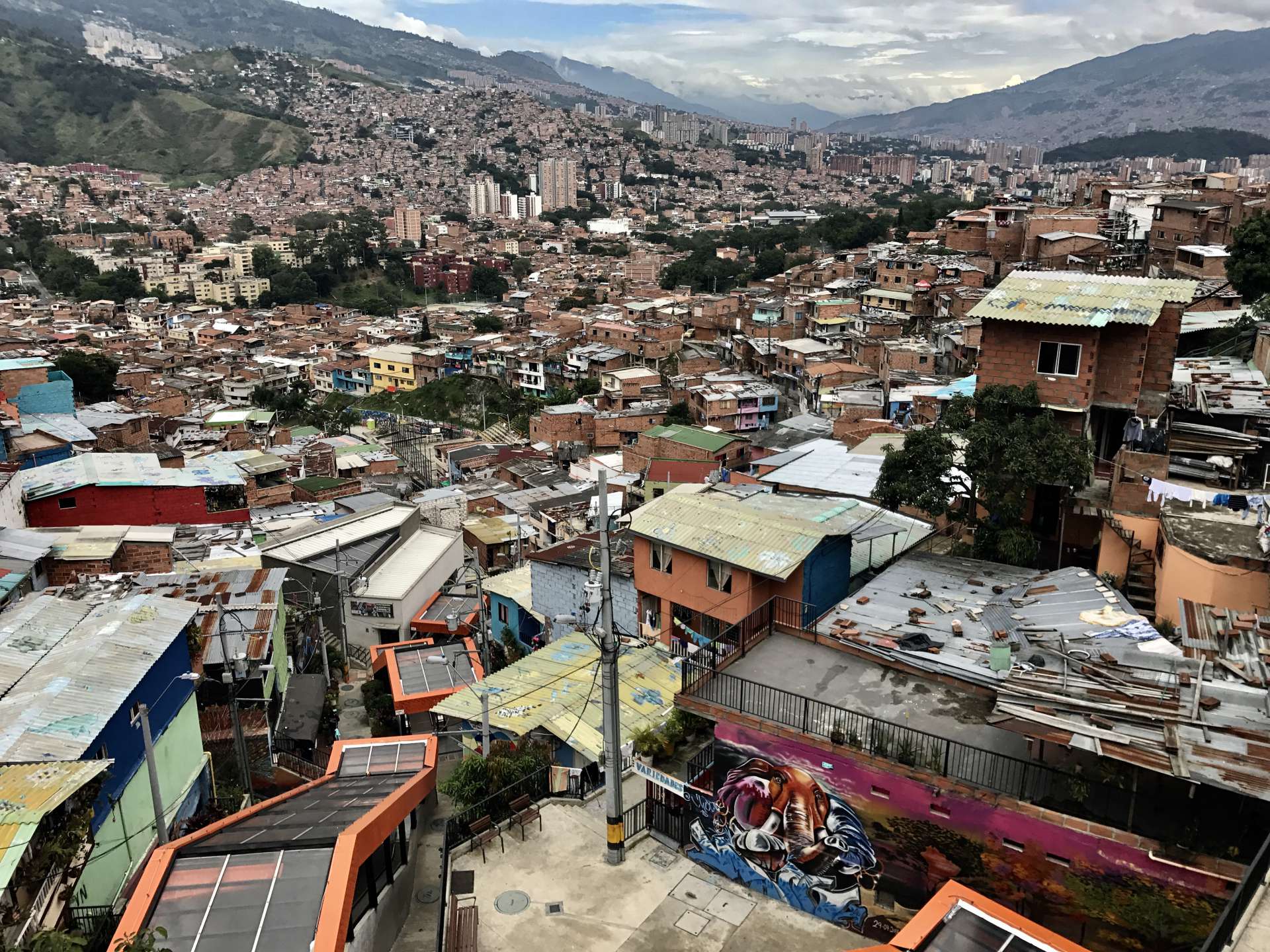
Medellin is mainly known for the Pablo Escobar cartel and had the highest homicide rate in the world in the early 1990s, with over 600 murders per 100,000 inhabitants. For comparison: the most dangerous city today is Caracas with a murder rate of 120. In recent years, Medellin has been upgraded with various cultural, social, and especially real estate projects. In the formerly worst neighborhood of the city - a kind of favela on a mountainside - escalators were built all the way up. These are guarded and are a popular tourist attraction. Teenagers from this Comuna 13 earn some pocket money with graffiti tours. Several cable cars, the metro, and a fancy library are also such projects and the Paisas (as the inhabitants of Medellin are called) are proud of them. So proud that it would be a shame to misbehave on the metro. The stations as well as the trains are spotlessly clean, eating is not allowed, and even the rowdiest kids don't scratch the windows. However, the dark past is also adequately marketed. For example, there is a Pablo Escobar paintball tour. And you can also meet his brother, who answers questions for money. Many Colombians try to distance themselves from this and are annoyed when asked about drugs. One guy told me that he also doesn't go to Germany and constantly asks if he can meet a Nazi. I've seen many travelers who were excited about Medellin's party scene and the cheap cocaine. And it's pure, straight from the source. If there was organic cocaine, it would probably sell well too. The fact that people die for it is somehow forgotten. Nevertheless, I had a great time in Medellin and met some amazing people.
But as much as I liked Medellin, I needed something quieter and moved on to Salento, a coffee village about 7 hours south of Medellin. There is a valley nearby with famous wax palms that grow up to 50 meters high. Since Colombians are currently on vacation, I reserved accommodation. Luckily. I couldn't have known that half the country was there (the other half seems to be on San Andres Island at the beach, as I found out today). At the beginning of January, Salento celebrated its 175th anniversary for a whole week. But I planned to do a multi-day hike in the national park anyway. The four of us hired a guide to explore the Parque Nacional Natural de los Nevados. We were driven to the next village with a "Willy" where the hike started. These jeeps were developed by the US Army for World War II and have been used in Colombia's coffee regions since the 1950s.
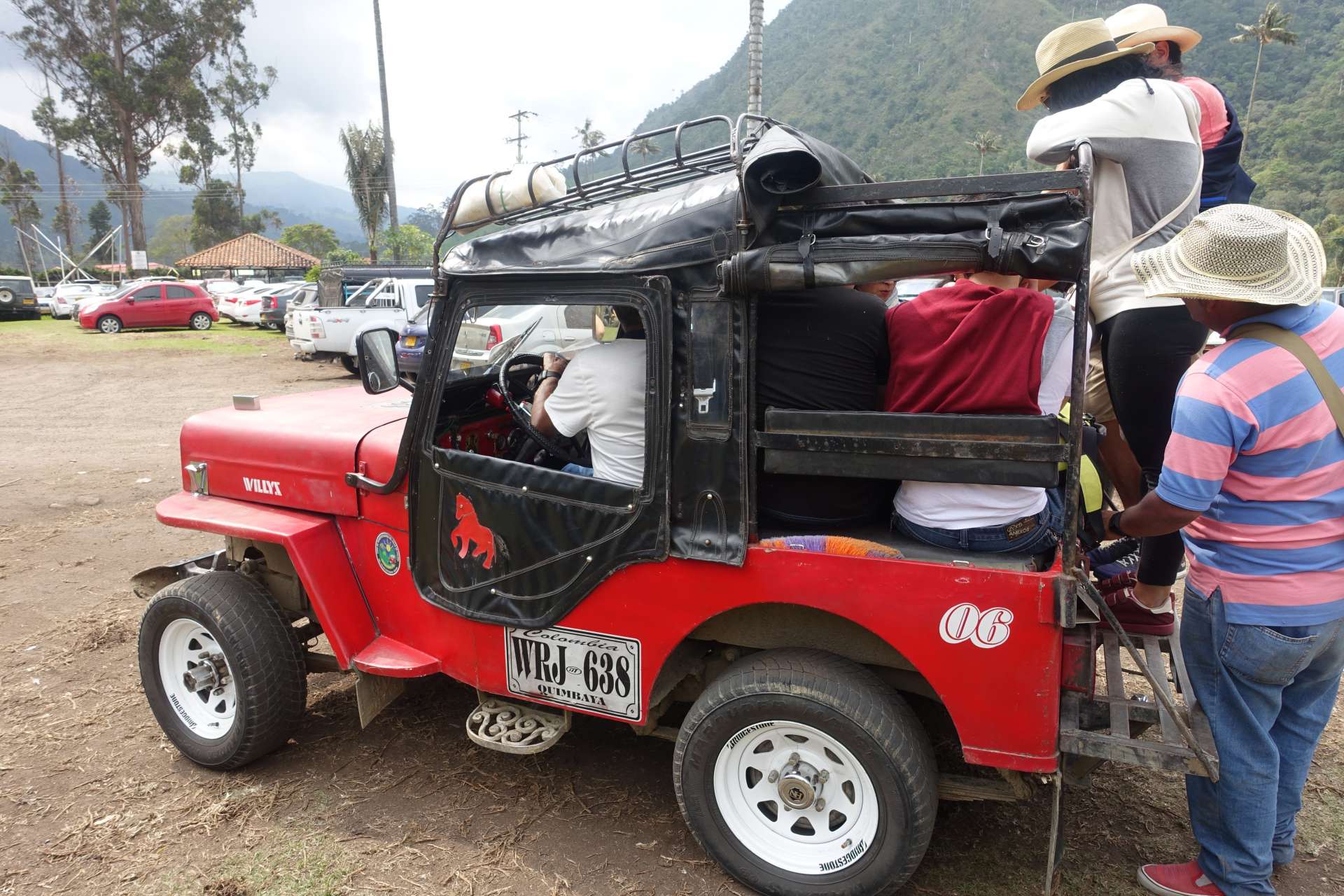

My hiking group from Vancouver was at least over 50 but very fit and experienced hikers around the world. They asked if I had also done the TMB (= Tour de Mont-Blanc, it's a thing!), which is practically right on my doorstep. I just checked again. That would be my suggestion for Natalja and Raffi for after the "O"; 170km around Mont-Blanc with about 10,000 meters of altitude.. But fortunately, I was able to keep up well because at an altitude of almost 4500m, everyone struggled a bit. We stayed overnight in mountain fincas, where we warmed up in the kitchen by the fire. "Very rustic" was the consensus, not only among the Canadians. The value of a hot shower is inversely proportional to the outside temperature. Especially when there is no heating outside of the kitchen. Unfortunately, we didn't have much luck with the weather. It rained or hailed every day, making the descent very slippery. I was grateful for the hiking poles that I rented in the village. Despite all the hardships, it was a great experience. Back in the village, covered in mud, not showered for three days, I was looking forward to my simple but good guesthouse, where Doña Heneriette was already waiting for me. Unfortunately, the Argentine model from my dormitory (at least that's what he thought of himself) had already used up all the hot water because it was so cold here. But as they say: inversely proportional... and in Salento, it was a pleasant 20°C.
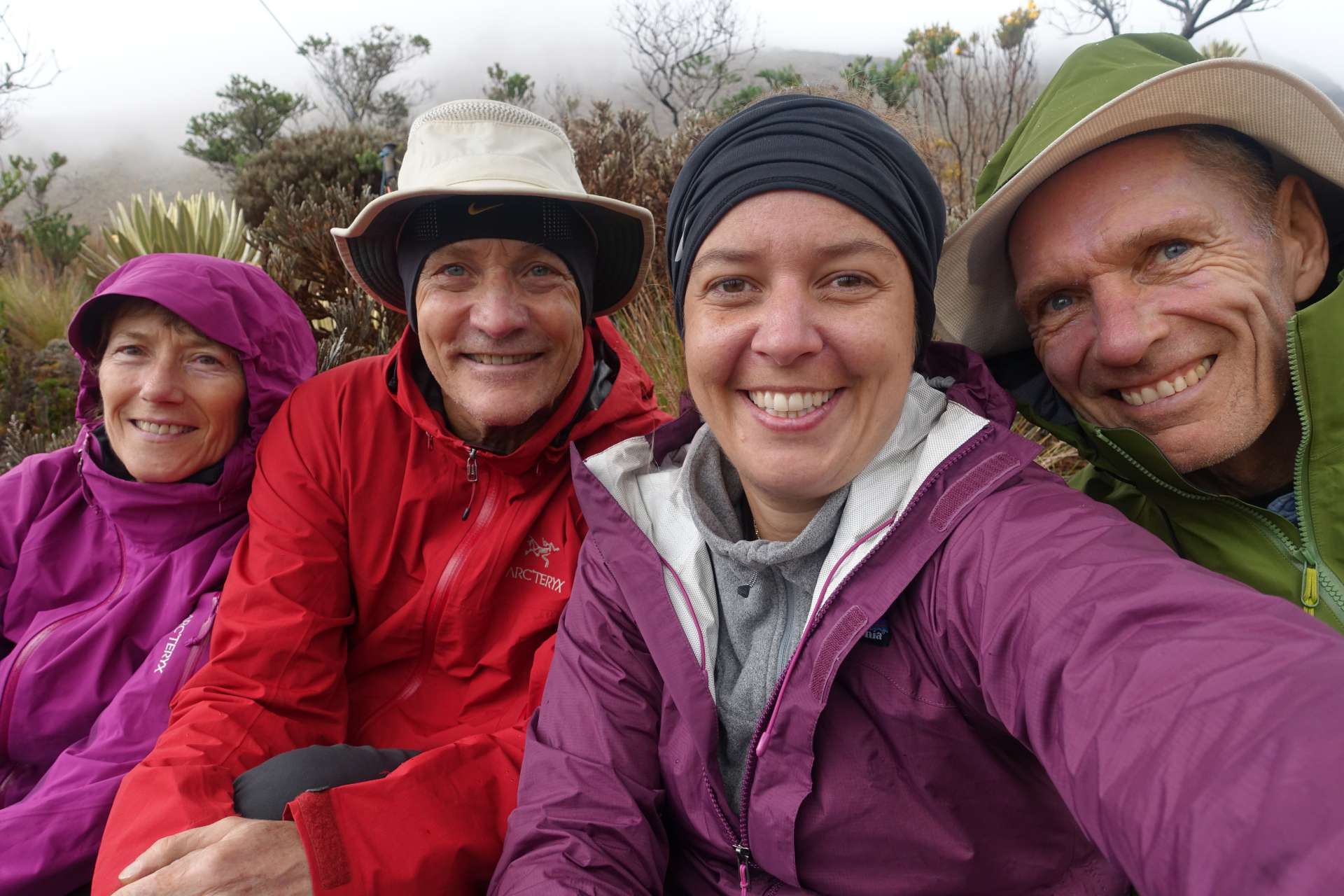
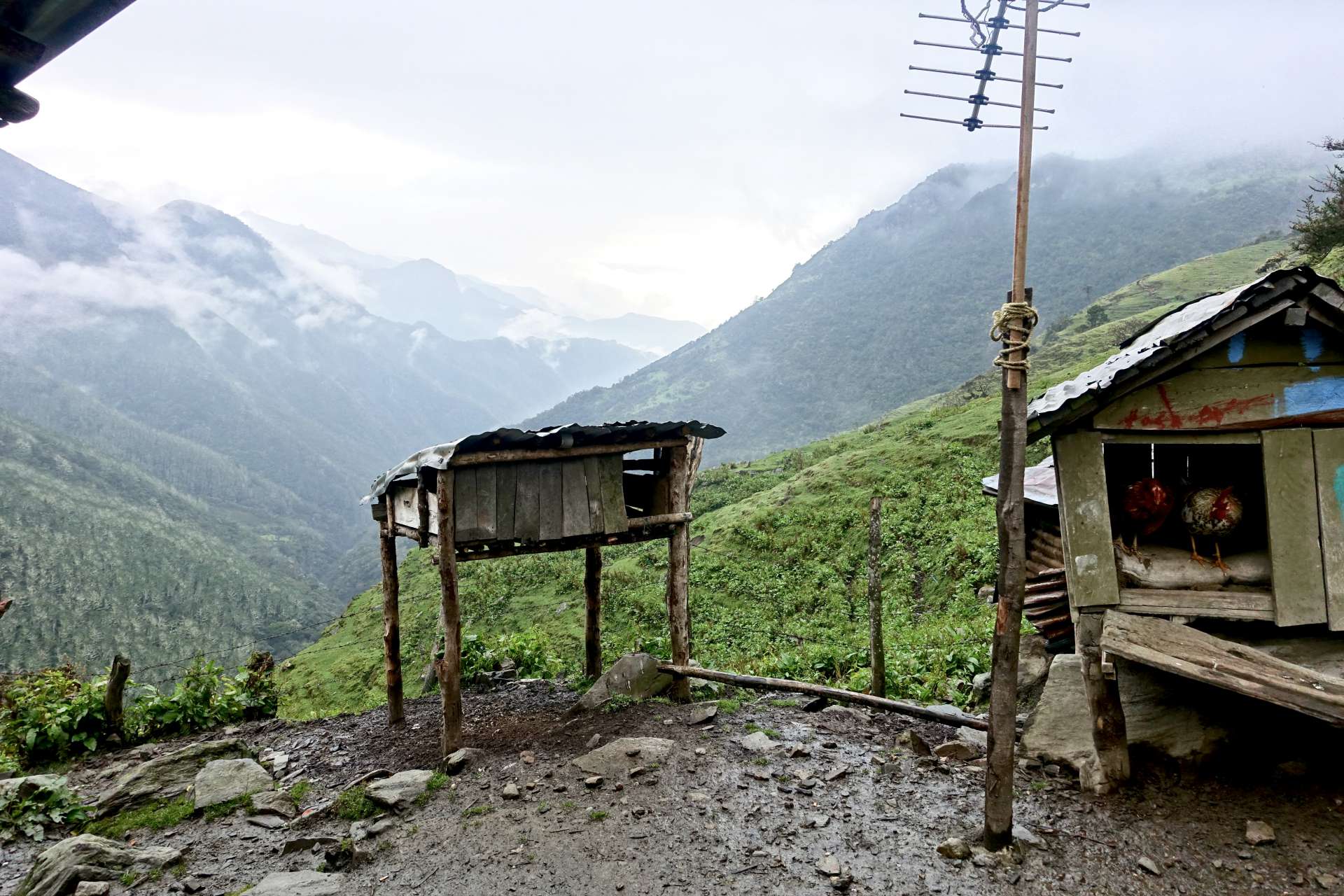
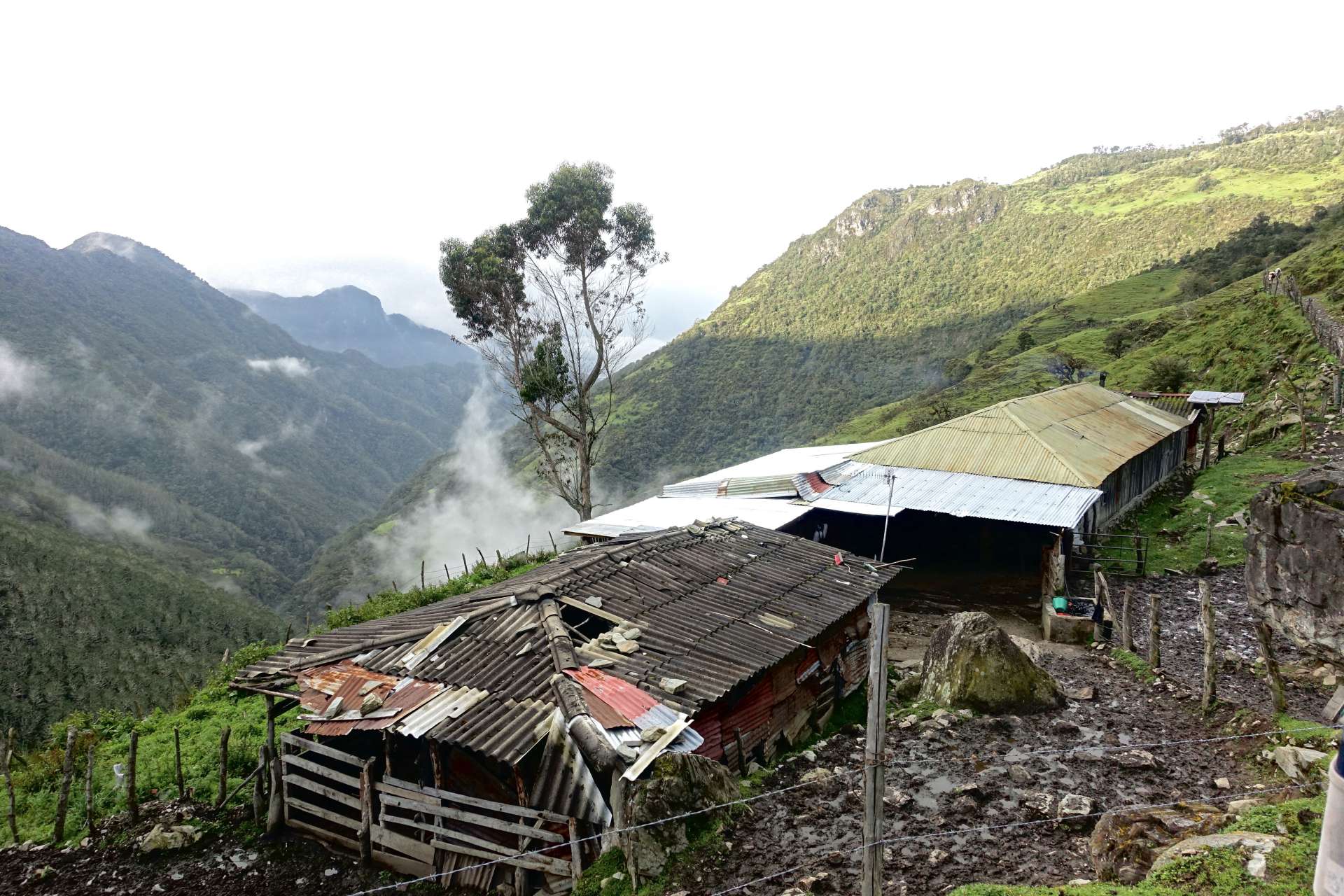
The next day, following Heneriette's recommendation, I went on a coffee tour. I was told to leave the village via the yellow bridge and after a while, I would come across several fincas that offer tours. I ended up at the "Las Acacias Coffee Farm", where I got a guided tour of the entire finca for about CHF 2.50, including coffee, of course. As in every single country in Central America, I once again enjoyed el mejor cafe del mundo (the best coffee in the world) here.
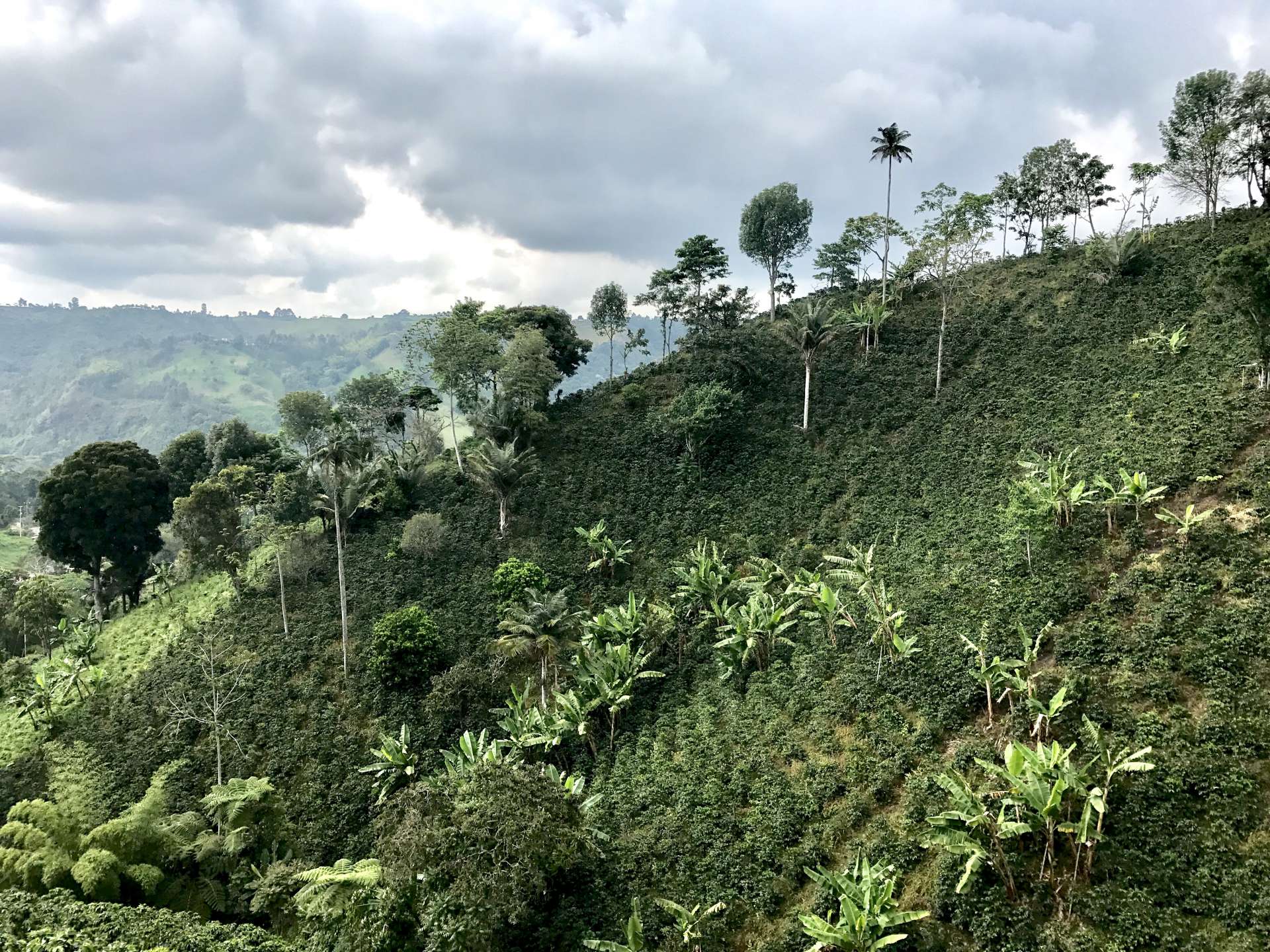
In this coffee region, every village is more beautiful than the other. That's why I made a stopover in Jardín on my way to the Caribbean, which calls itself the most beautiful village in the coffee zone. It's already worth coming here just for the bus ride. For the view from the bus, mind you, not for the ride itself. It's rather uncomfortable due to the winding roads and, in our case, the driving style of the chauffeur. Plastic bags were distributed even before departure. Apparently, the bus company's investments mainly focused on the equipment of the minibusses, so we could watch Fast & Furious 7 (!) on a brand-new TV. Probably the chauffeur got to choose.. In Jardín, time somehow seems to have stood still. Unfortunately, I didn't have a camera with me when a farmer with a cowboy hat tried to lasso a stray calf. The village, located in a valley, is really beautiful and lives up to its name. It's also a paradise for birdwatchers, with a huge variety from hummingbirds to eagles. OK, those were all the ones I could identify. I leave the birdwatching to the Americans. There are cable cars on both slopes - an old and a new one. Unfortunately, the new one was out of service when I reached the top on foot. So I stumbled back down through a sugar cane field because I didn't want to take the same path back. The trail was not always clear, and probably not very official, which could already have been recognized by the barbed wire (I checked in the evening that my tetanus vaccination is still valid). At least my hike was a circular route and not back and forth. On the other side of the valley, it was a bit easier, as the operation of the old cable car was less elaborate. I will probably come back to this region again. It's not easy to find a logical travel route in Colombia, but it's already too late for a detour to Argentina. Now it's definitely time for the beach, palm trees, and the sea. A place where I can look forward to a cold shower in the evening.
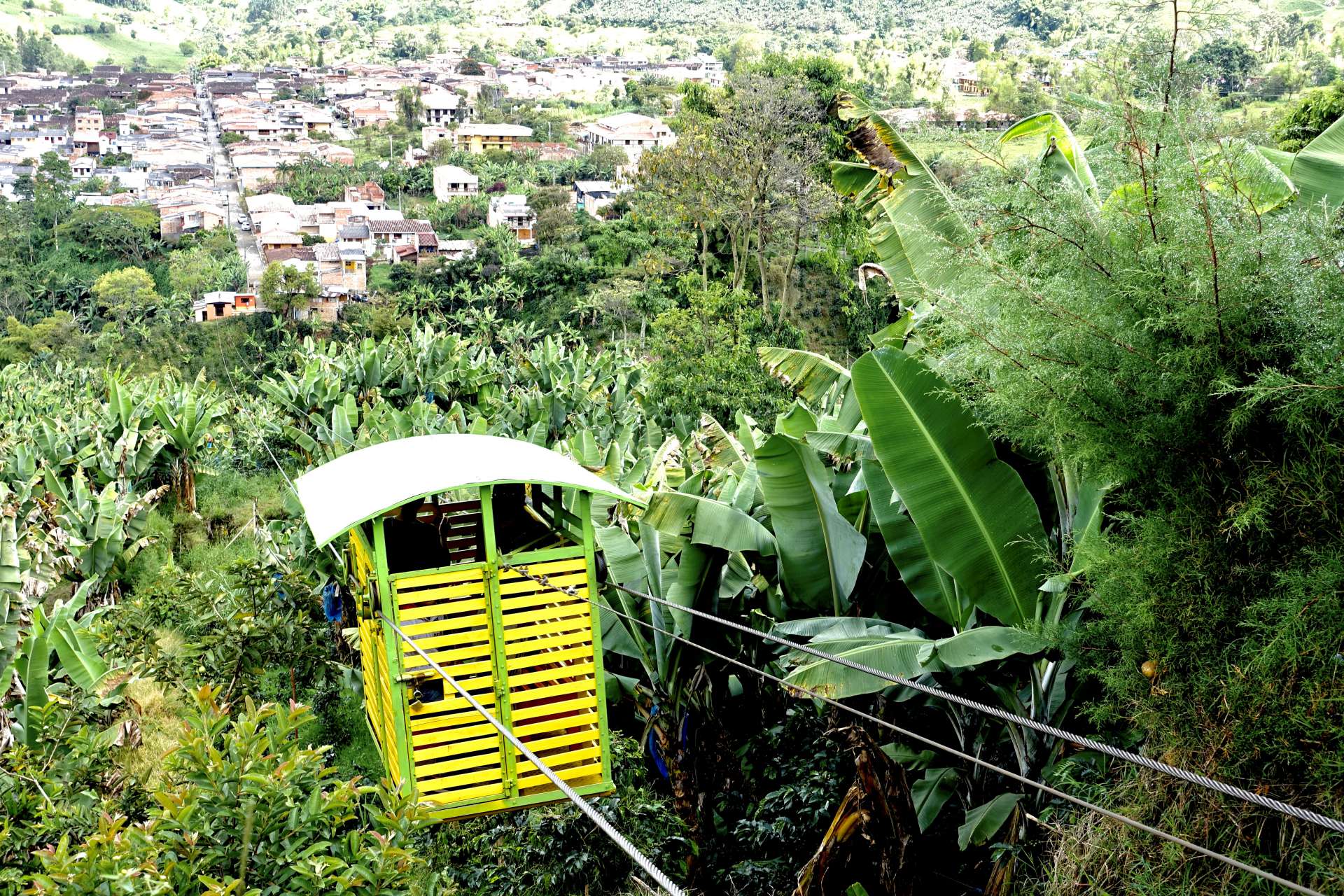
Abbona għan-Newsletter
Tweġiba
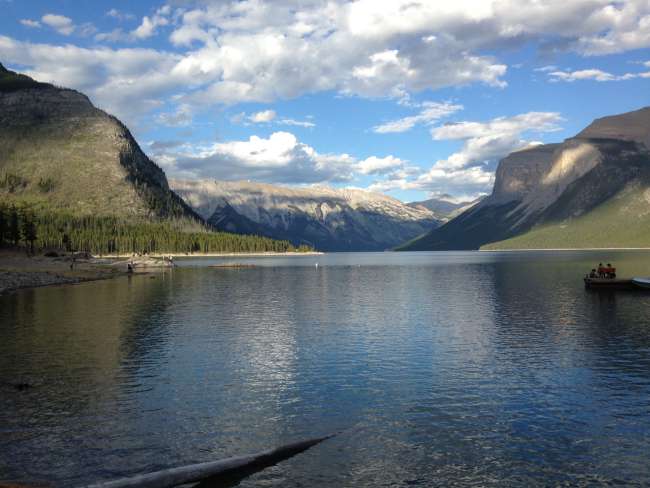
Rapporti tal-ivvjaġġar Kanada
